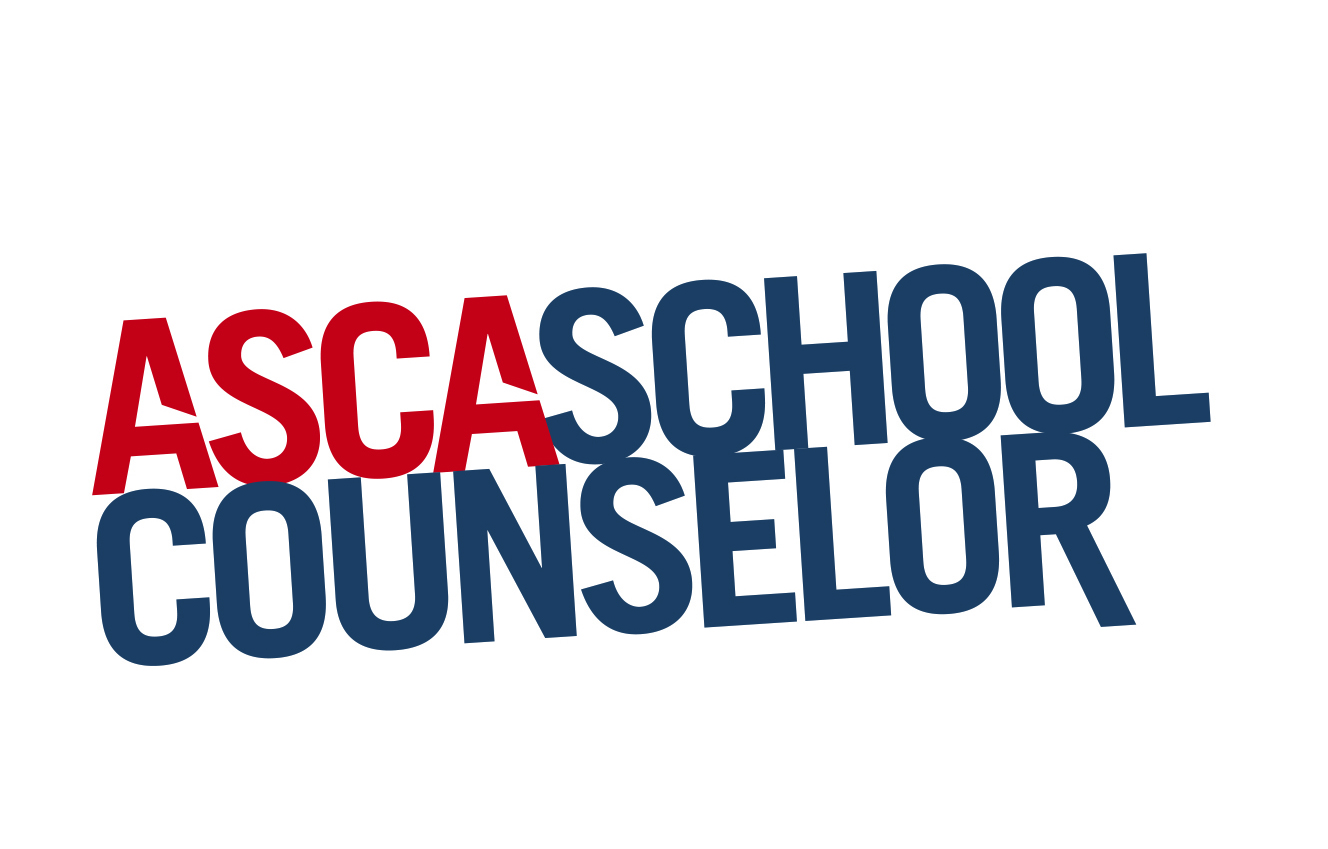Parent Permission: A Pain or an Invitation
Author(s): Rhonda Williams, Ed.D., LPC, NCC
May 1, 2009
Q: Our district recently decided school counselors should have to get parent permission before they see students individually. This decision was made without any input from the school counselors. Are there ethical issues we need to consider if this mandate is enacted?
This scenario seems to be a fairly prominent issue lately. Some schools and districts are mandating parent permission before students can receive counseling in the school setting. Some educators may view this as a way to appease the concerns parents entertain about the influence school counselors have on their children. This action may seem like a pain for the school counselor and certainly we must consider the ethical and legal issues surrounding this mandate. However, there are ways this constraint might be turned into an invitation for collaboration instead of a pain.
School counselors operate from a framework of helping as many students as possible. Although this is a worthy cause, it’s still important to make sure you’re also allowing time in your schedule to explain your role and intentions to parents. Failing to educate parents about your role may cause some parents of the students you’re serving to become suspicious, thus negating the good work you’re doing with their children. The more parents see you as a vital resource to the school and to their children, the less likely they are to be suspicious or view you as a threat.
“Educating stakeholders about the parameters of confidentiality when it is not related to any one specific child is a first step,” say Harriett Glosoff and Robert Pate. “It is also important to educate students about the role of the school counselor through presentations in classrooms and assemblies. Of course, this should be followed by discussing relevant information with individual student clients and their parents once counseling begins. At that time, it is important for counselors, parents and clients to come to an agreement about the parameters of confidentiality (e. g., the types of information that the counselor will and will not share with the parents).”
However, you must also clearly communicate your purpose and role to administrators, teachers and board members, in addition to parents. These stakeholders must have an understanding of how your work is integral to the education system and how your data-driven program can affect student achievement.
This education must include an explanation of the value, intent and focus of individual counseling. It is important to clarify for parents and others that i ndividual counseling in the school setting is an intervention to empower students so they will ultimately be able to overcome their emotional issues and become academically focused. The misperception that individual counseling is a therapeutic process implies that parent permission should be a prerequisite. You need to make parents, educational partners and school board members aware of the purpose of individual counseling in the school setting as a method of assessing the emotional state of the student and making referrals if necessary – a skill and training that no other educator in the school setting has. Proactively education stakeholders helps them fully understand your role. They are less likely then to establish encumbering mandates, at least without input your input.
Many educational stakeholders may not fully understand the types of issues that may arise in individual counseling sessions that could put the child and/or the school in ethical or even legal jeopardy if disclosure to parents is required. For example, in many states, informing parents that their child has claimed abuse by them could create a legal or ethical clash. This could potentially be viewed as interfering with an investigation. In this instance disclosure to parents is not only an ethical violation but may have potential legal recourse. Many educators are ill-informed about these types of situations.
While this type of education may be helpful in thwarting a requirement of parent permission for every counseling situation you encounter, it’s important to keep in mind the necessary balancing act between student confidentiality and parent collaboration.
Having a disclosure statement and an informed consent is best practice from an ethical perspective. By frontloading your roles and functions to educate parents, educators and school board members, perhaps mandates such as requiring parent permission for all individual counseling might be avoided. However, despite being proactive, some school district policies or state laws may still require parent permission. View parents as allies in the counseling process. If they are adequately informed prior to the counseling sessions there may be less resistance.
If proactive education of stakeholders does not work and policy or law is enacted requiring parent permission, you may be able to modify the requirement by allowing for a specified number of visits before obtaining parent permission. Although you must abide by the law and your school system’s policies, there may still be ways to educate those making the requirements about the unintended consequences of such constraints.
Rhonda Williams, Ed.D., LPC, NCC, is an assistant professor at the University of Coloard at Colorado Springs and chair of ASCA’s Ethics Committee. She can be reached at rwilliam@uccs.edu.
To submit your questions for a future column, e-mail them to ethics@schoolcounselor.org.

